BCS has turned into a two-edged sword for jobseekers

Amid ongoing debate over age-limit extension for government jobs to 35 years, one worrying aspect of the current recruitment process in public sector, especially in Bangladesh Civil Service (BCS) exams, has been highlighted by a recent report—long delays at every stage of the exams. This is not a new problem, but the fact that it has been allowed to persist for so long speaks to the inefficiency and lack of accountability at the Public Service Commission (PSC), which conducts the exams. From publishing circulars to confirming recruitment through gazette notifications, it may take over four years to finish the entire cycle of one exam, thus significantly affecting the life and career prospects of jobseekers.
For the graduates, BCS has turned into a double-edged sword. Their fixation with this most coveted of government jobs can be richly rewarding but the road to that reward is filled with uncertainties. And they can hardly focus on any other career path as they remain caught up in BCS preparations. Even successful candidates face delays after the publication of final results, because of post-exam procedures such as police verifications and medical tests. Currently, the PSC is dealing with three BCS exams—44th, 45th, and 46th—each at different stages of their cycle, meaning that many candidates too are having to deal with all three simultaneously.
The question is, why are such delays being allowed year after year, despite there being a roadmap to complete the entire examination process in one year? The convoluted processes of examination, evaluation, and verification are a key issue. The PSC cites its limited workforce and reliance on external experts for critical tasks at all stages as contributing factors. For example, the introduction of multiple examiners for script evaluation, while intended to ensure transparency, has inadvertently added layers of complexities. Moreover, lengthy post-exam verifications, including delving into irrelevant details like political affiliations of candidates, only cause further delays. There is clearly room for simplifying and expediting these processes.
While a rigorous evaluation of the eligibility of those entering public service is crucial, it is vital that the process be rid of unnecessary complications. Every year, many thousands of graduates sit for the BCS exams. But only a fortunate few are able to reach the finish line, that too after prolonged waiting periods. The authorities must overhaul and streamline the entire recruitment process so that they don't have to sacrifice crucial years of their lives unnecessarily.

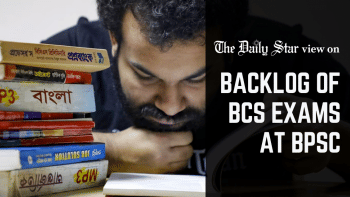
 For all latest news, follow The Daily Star's Google News channel.
For all latest news, follow The Daily Star's Google News channel. 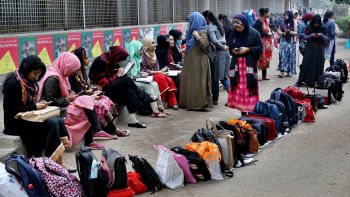
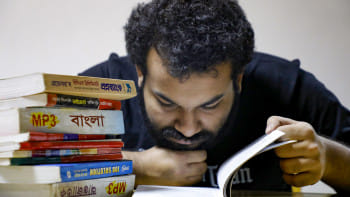


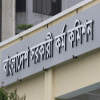
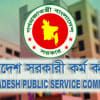




Comments